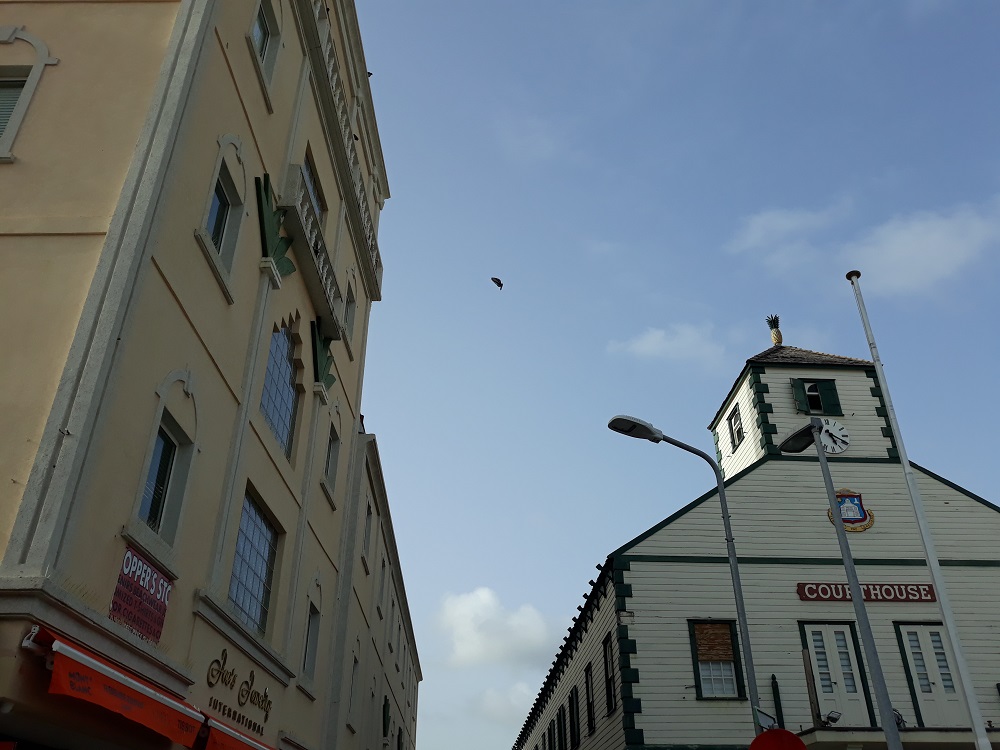An interesting debate

By Hilbert Haar
The parliament is in for an interesting debate about the introduction of a national ordinance that aims to regulate the fight against money laundering and the financing of terrorism.
So far, two members of parliament have declared that they will not support the draft-law. Interestingly, one MP (Christophe Emmanuel) is with the opposition National Alliance while the other one (Franklin Meyers) is with coalition-party United Democrats.
What exactly the objections of MP Emmanuel against the draft-law are is unclear, but MP Meyers focused on the potential impact on businesses like casinos and whorehouses (deftly described as houses of ill repute). It is no secret that his brother Toochie is active in the industry of easy virtue.
The draft-law aims to bring St. Maarten in line with forty recommendations of the financial Action Task Force. If St. Maarten does not do this, the consequences for the banking industry could be disastrous – they stand to lose correspondent banking services and that in turn would make doing business for many an entrepreneur near impossible. Potential investors would probably run for the exit in a hurry.
MP Emmanuel brought up the intention of banks in Curacao and St. Maarten to close down the accounts of Robbie dos Santos, owner of Robbie’s Lottery. Indeed, if these banks get their way, doing business would become near impossible for Dos Santos. It could lead to the closure of his lottery businesses and to unemployment for around 200 people.
Recent history in St. Maarten has however shown that banks do not always get their way with their so-called de-risking policies.
In 2013, RBC Bank wanted to close down the accounts of casino owner Francesco Corallo for the same reasons the Maduro and Curiel’s Bank and the Windward Islands Bank are now using against Dos Santos. Lottery businesses and casinos are associated with money laundering and criminal activities and correspondent banks abroad – fearing huge fines if they do business with banks that have such clients – tend to close down their correspondent services.
RBC advised Corallo at the time to find another bank but when all other banks in St. Maarten refused to accept him as a client, the court ruled that RBC was not allowed to close down the accounts. After all, Corallo’s casinos are legally established businesses. The same is true for Dos Santos’ lottery operations.
It is therefore unlikely that: a. Dos Santos will be able to find another bank prepared to accept him as a client and that: b. the court will allow the two banks to close down his accounts.
But suppose that the court does allow those accounts to be closed down? In that case, the casinos and the lottery-businesses will become purely cash-based. They will have to store their proceeds in safes, and pay their employees in cash. What happens to the rest of the money will become a complete mystery for the authorities. In such a scenario, the FATF-recommendations do not provide any sensible solution – they will just enhance the money laundering problem instead of solving it.
On another note, it is a good thing that the FATF also addresses the position of politically exposes persons (PEPs); after all, these individuals operate in environments where money laundering, corruption and bribery thrive.
If our politicians would use this aspect of the draft-law as an argument to be against it, I would completely understand but it would also send a clear message to the community about what they are really up to.
###
Related articles:
Resistance against money laundering ordinance
Politically Exposed Persons in the crosshairs of money laundering legislation (Please log in to read)
Opinion: “An interesting debate”
De-risking strategy targets casinos and lottery companies (Premium Article)
Opinion: “Invisible money” (Premium Article)
























